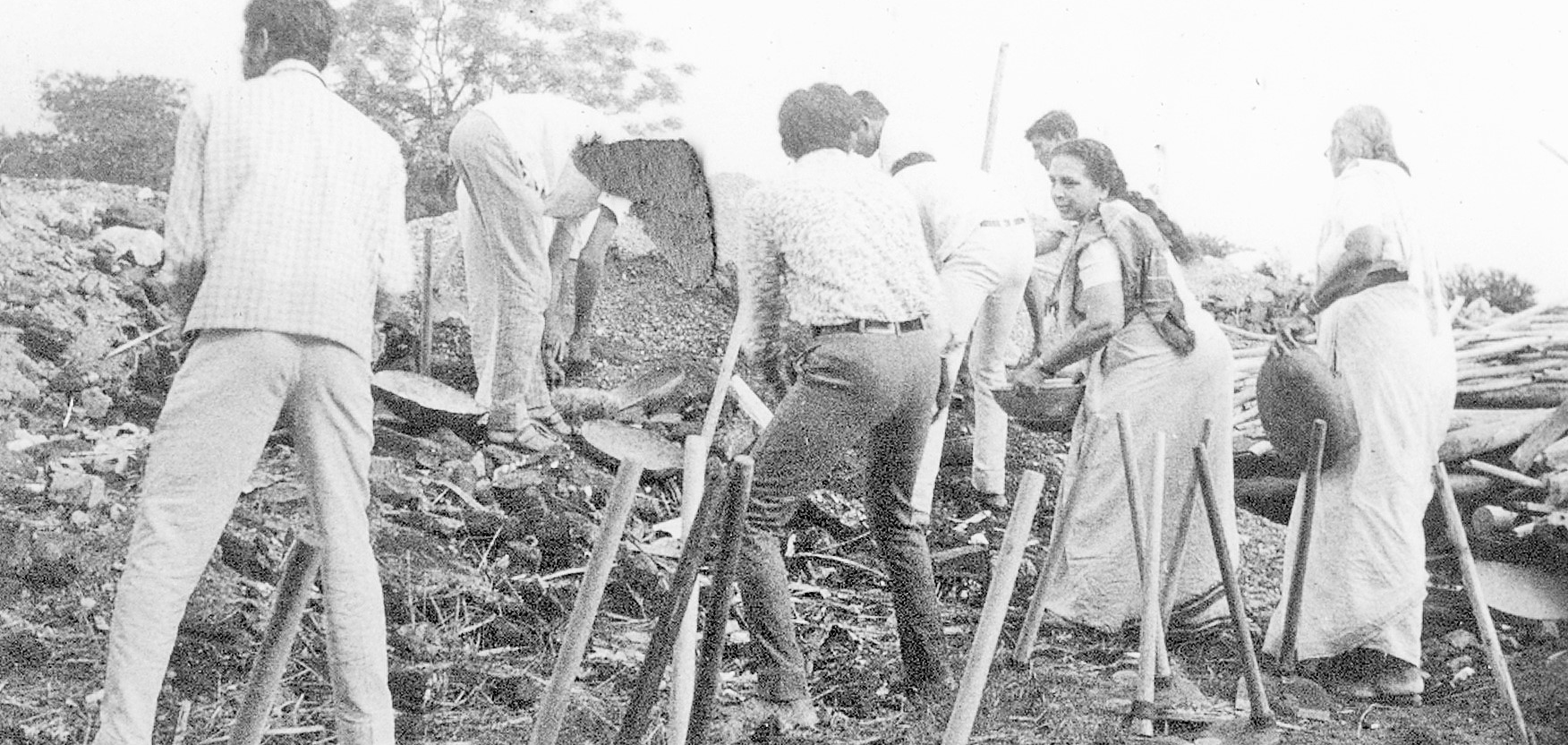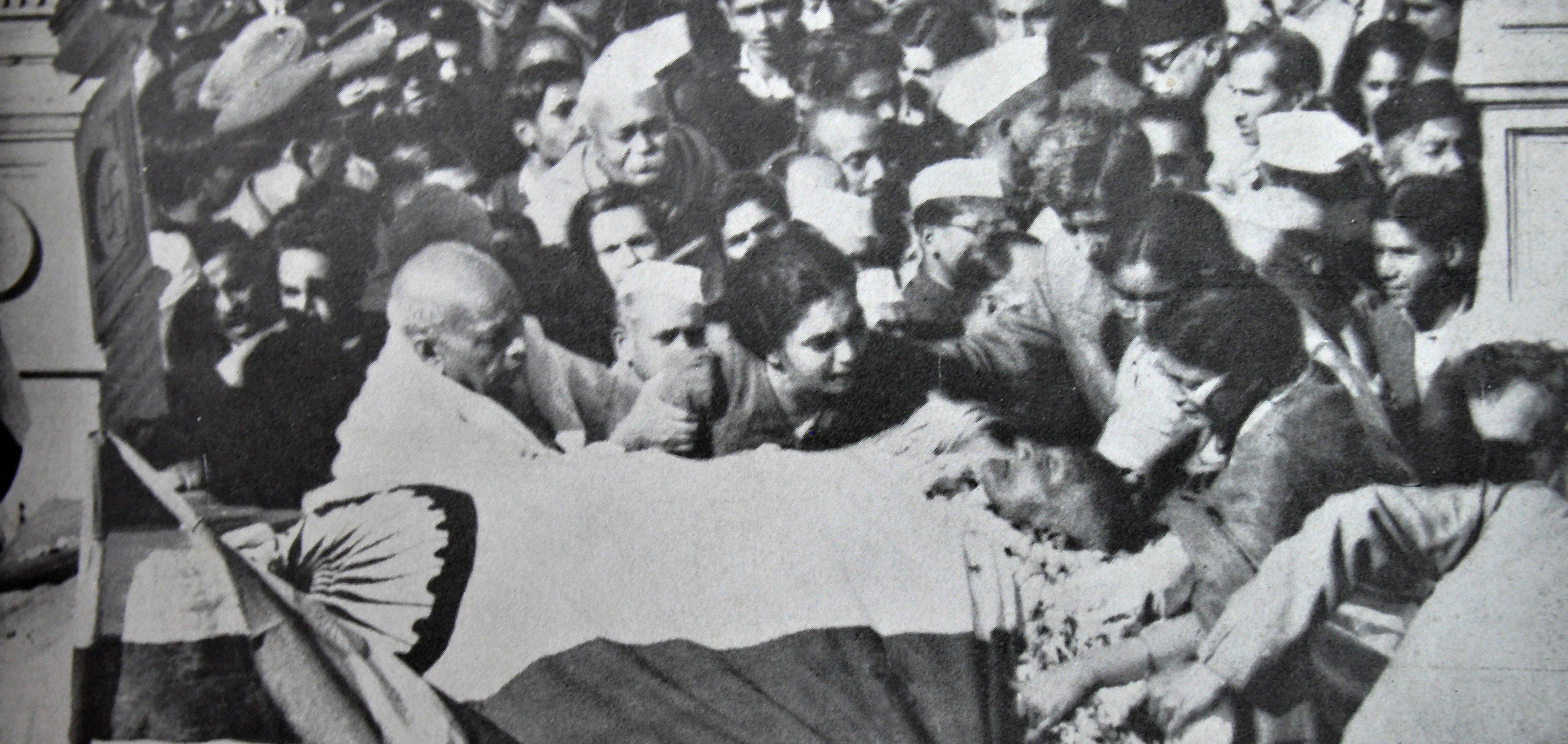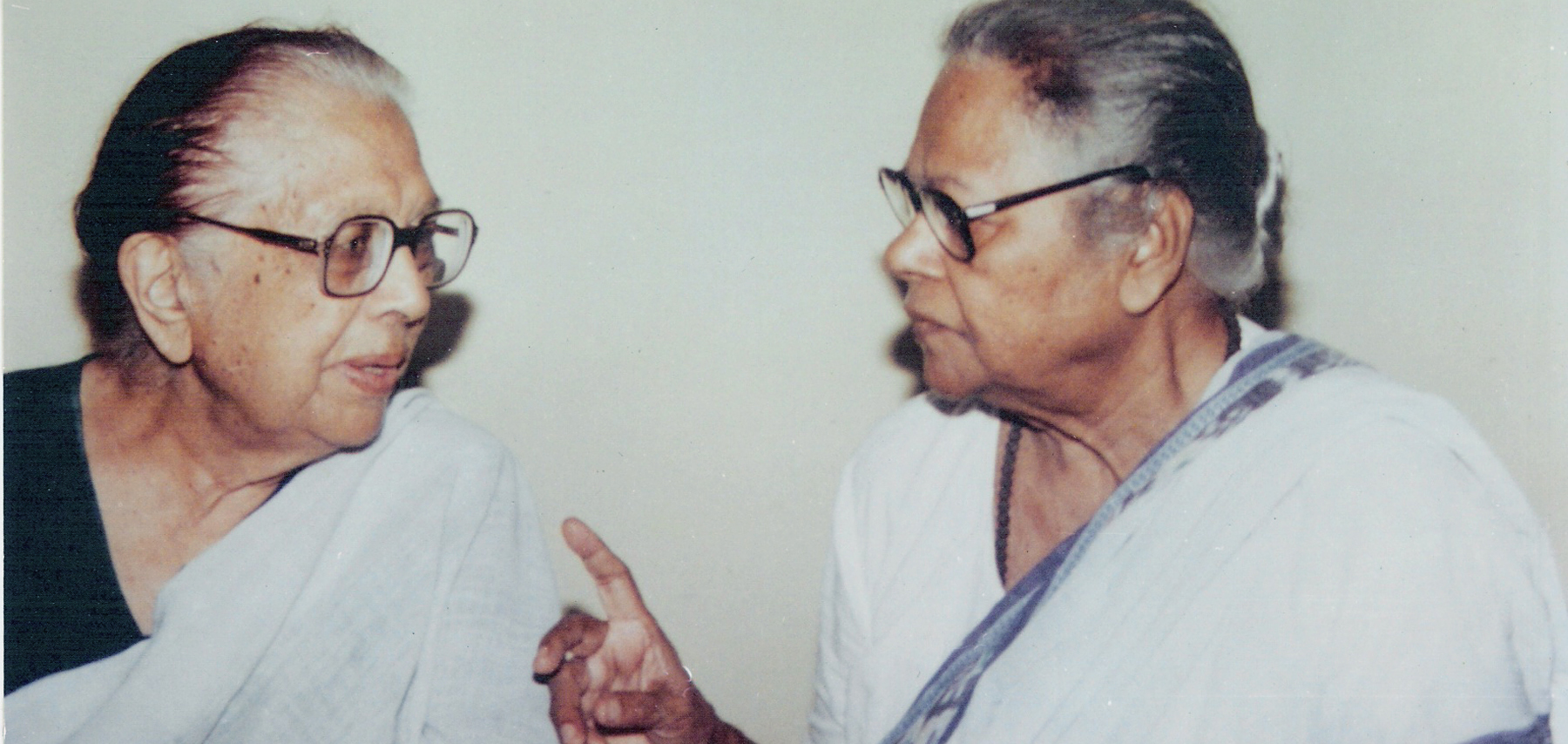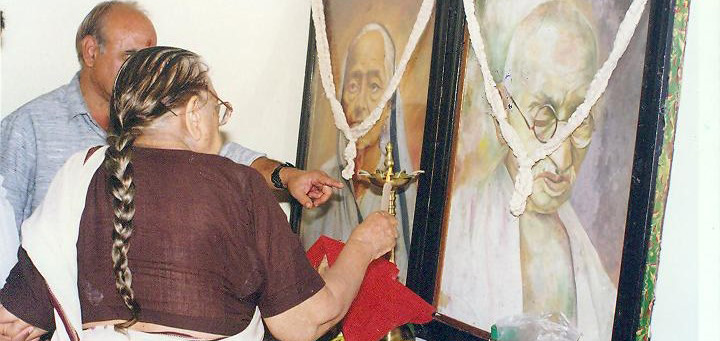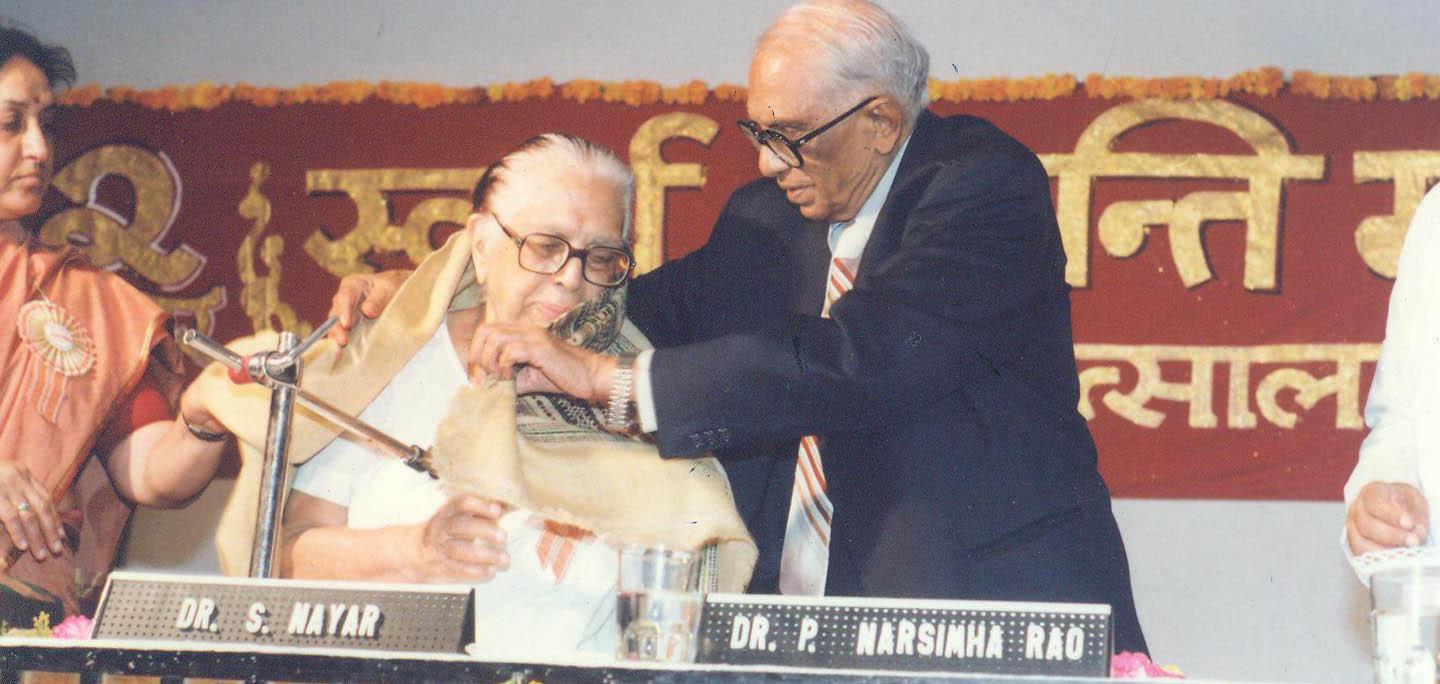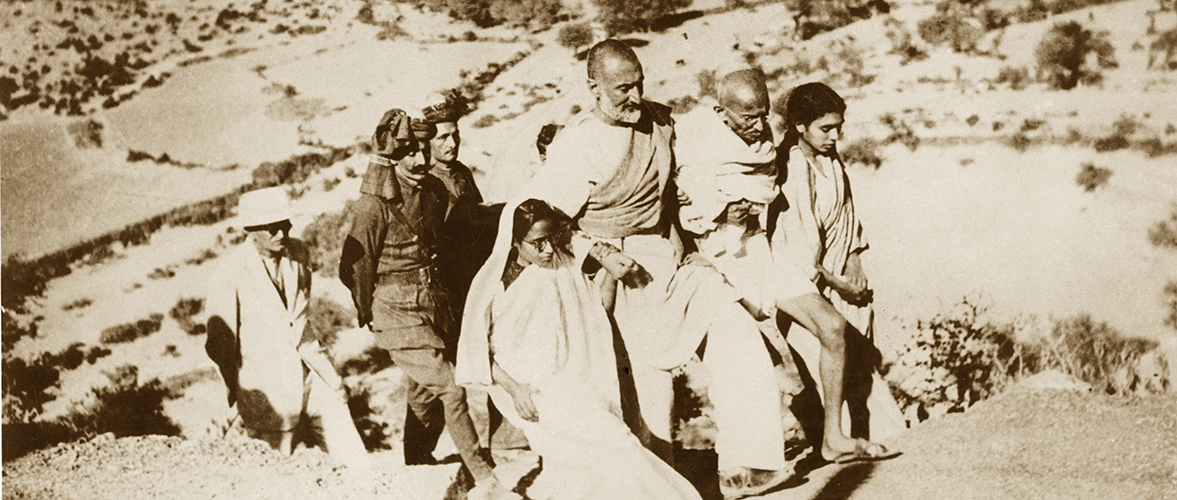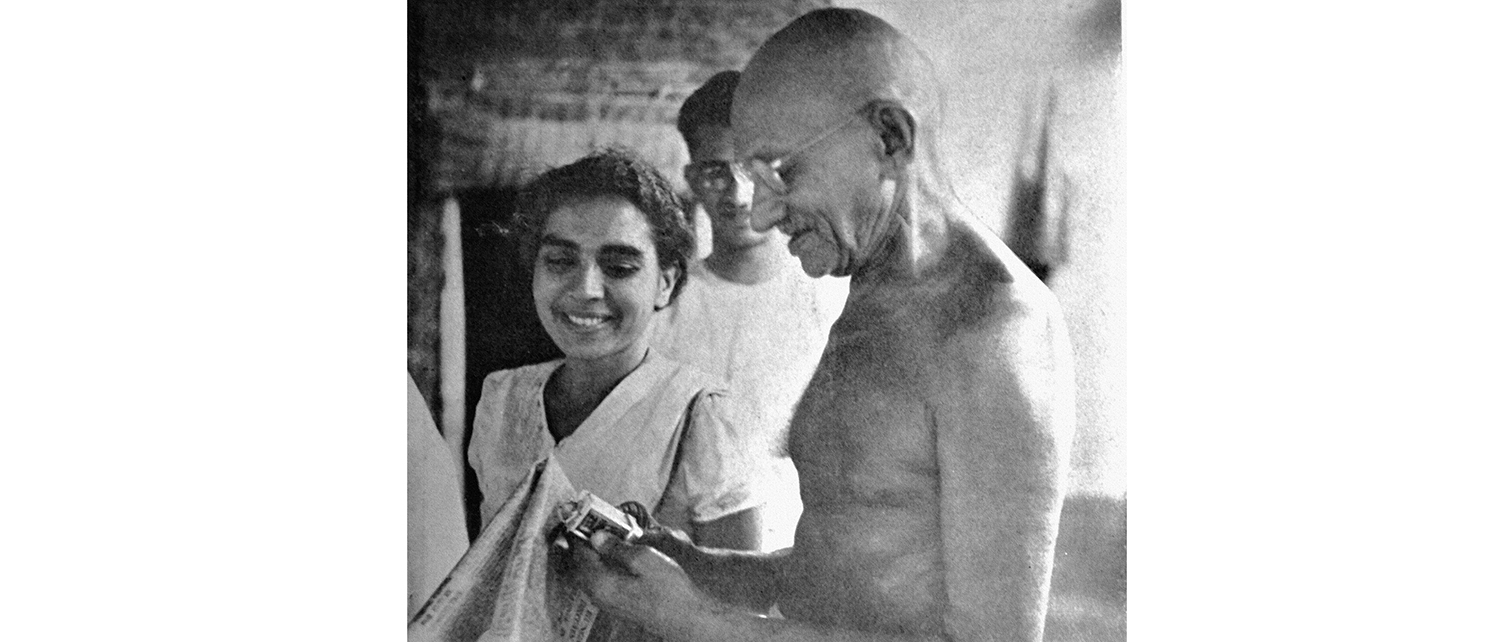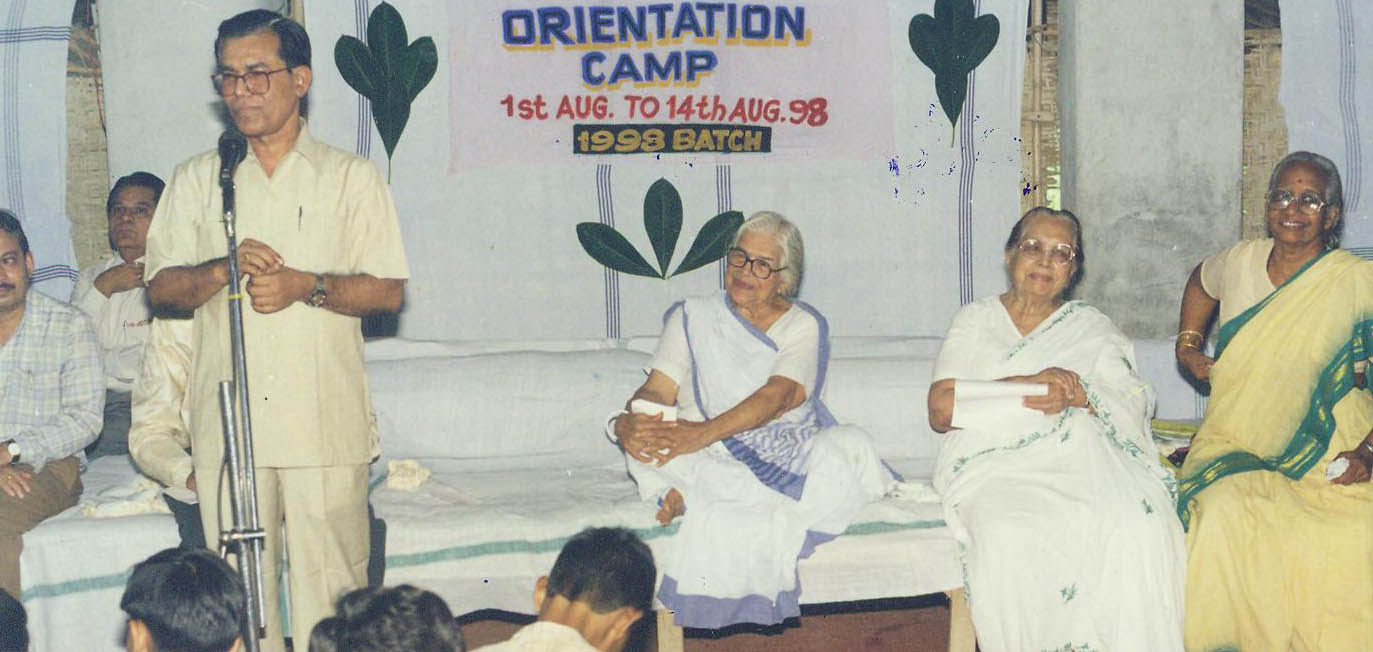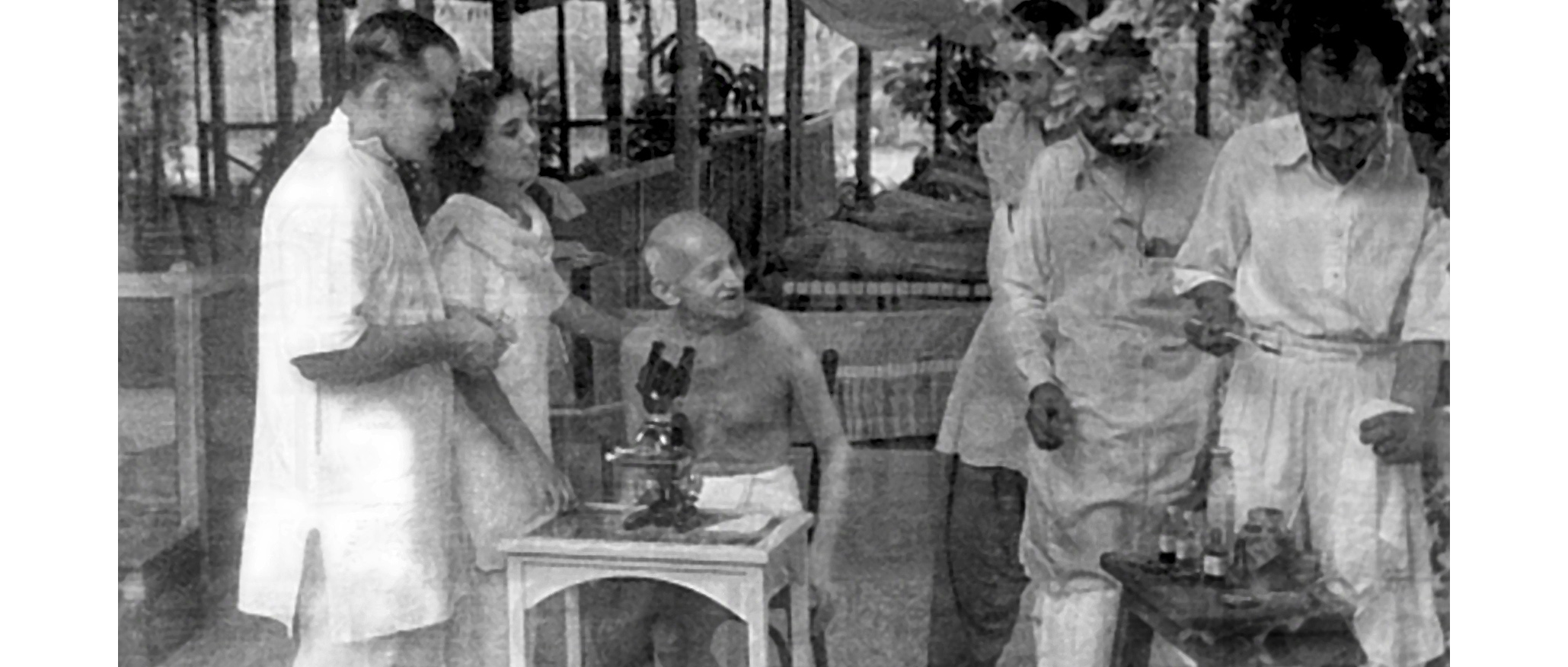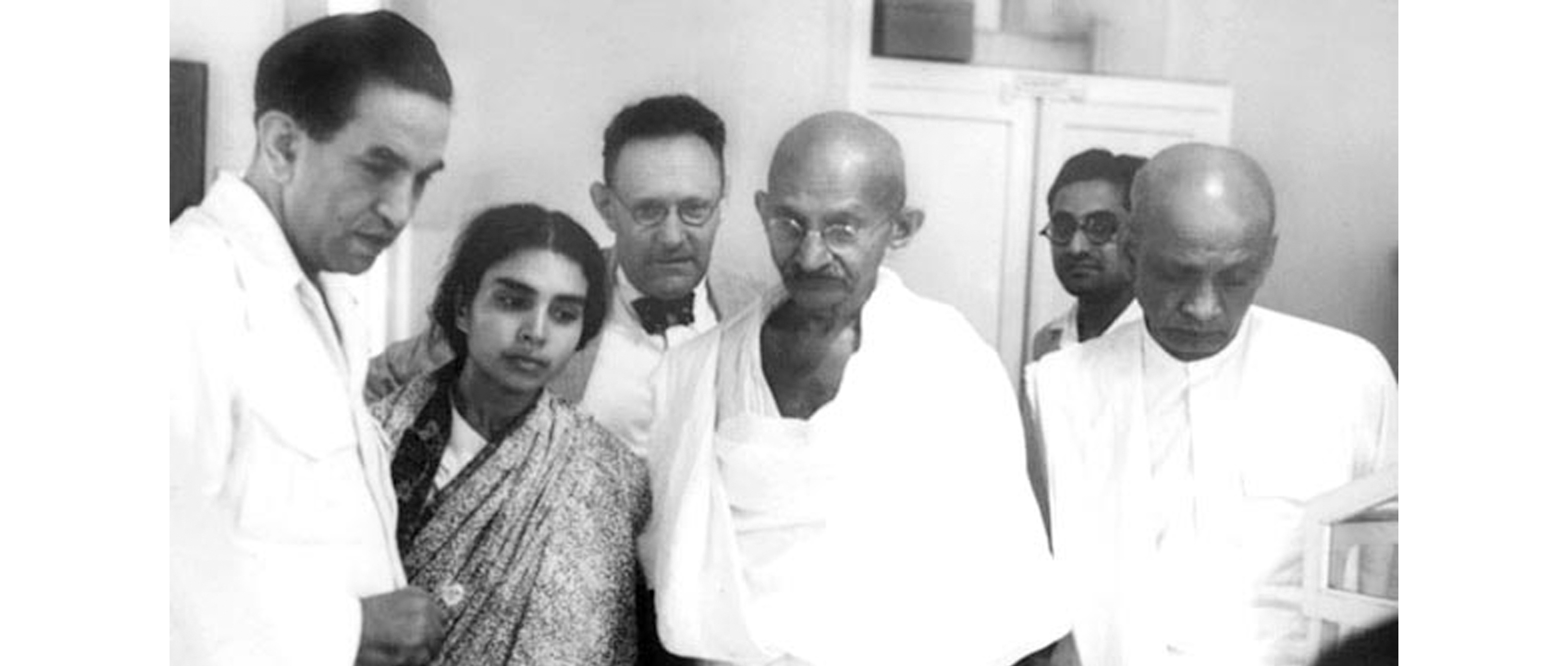Dr Sushila Nayar
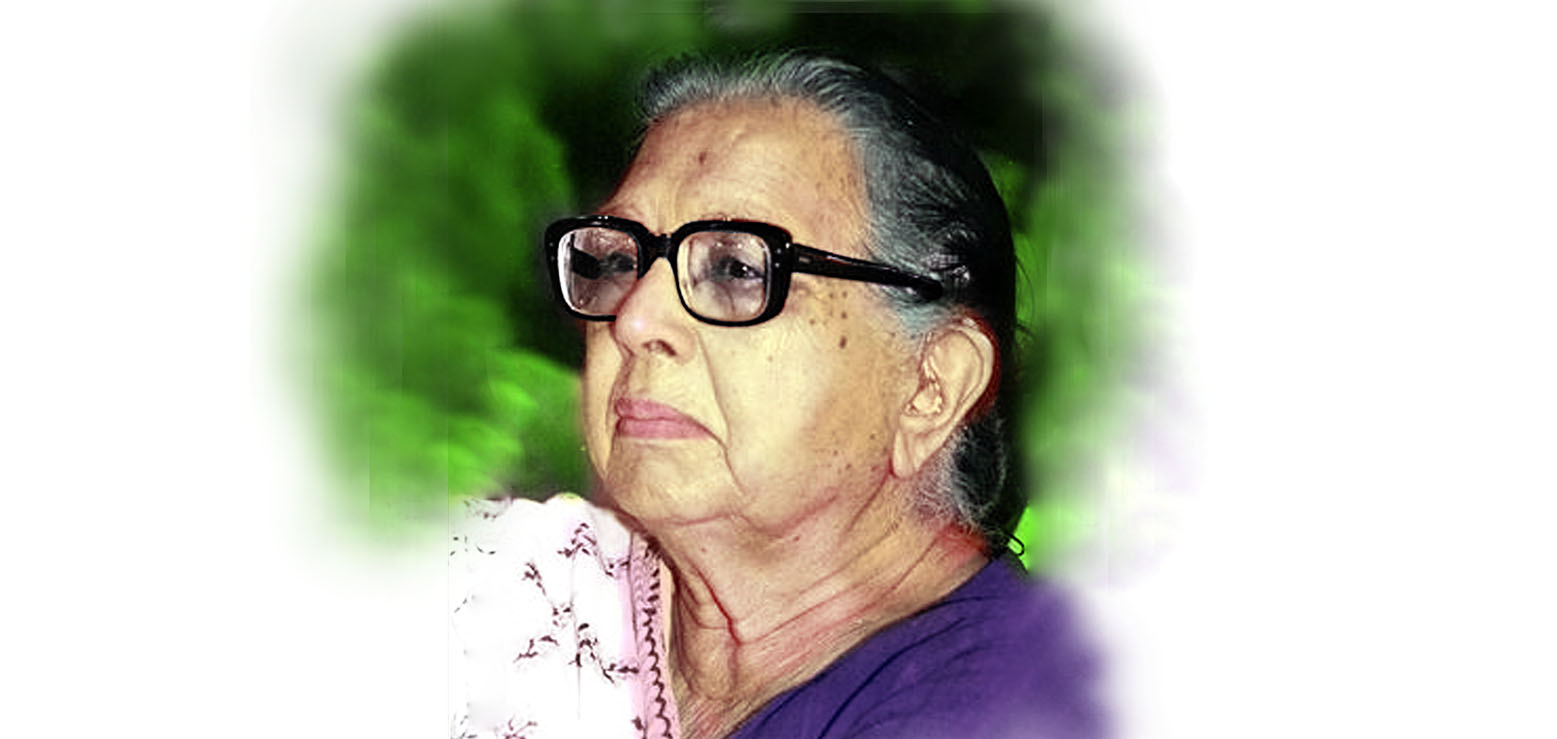
Poor healthcare system and her abound passion to serve mankind rowed Dr.Sushila Nayar towards the making of this iconic hospital. Deeply influenced by the Gandhiji’s lessons of hard work and selfless service, she carried forward his vision of rendering healthcare to rural masses of India. Affectionately known as ‘Badi Behenji’, her vibrant dynamism evoked awe and exuberance. Her natural charm and wit coupled with a radiant smile and majestic voice used to enthrall audiences. Though a stickler for discipline, she was a lovable and affectionate person. It induced a lasting respect in the minds of those who had the good fortune of sharing her company.
Badi Behenji was a personal physician to Gandhiji. She was always conscious of what Gandhiji regarded as the Seven Deadly Sins: 'Commerce without ethics; Pleasure without conscience; Politics without principle; Knowledge without character; Science without humanity; Wealth without work; Worship without sacrifices.'
Back in 1944, when there was no medical aid in and around Sevagram, she started a small dispensary in the Ashram premises. It was soon converted to a small hospital with 15 beds. This was the Kasturba Hospital, established in 1945. After Gandhiji's death, she obtained her MPH and DrPH from Johns Hopkins in 1950. Badi Behenji then entered politics. She served as the Union Health Minister from 1962 to 1967. During her tenure as Health Minister, Shri Lal Bahadur Shastri suggested that she starts a rural medical college, which would train and motivate doctors to work in villages. Badi Behenji took it up seriously and the Kasturba Hospital at Sevagram, which she had started and nurtured, became the nucleus of the new institution. Thus was born the Mahatma Gandhi Institute of Medical Sciences in 1969-the Gandhian birth centenary year.
Badi Behenji expected the students and faculty of the institute to follow a unique code of conduct. When she noted, rather painfully, that graduates from her institute neglected rural health, she asked them to serve in villages for two years to qualify for a post-graduation from their alma mater.
Badi Behenji was a social reformer who considered alcoholism an abominable evil. For over three decades, she was the chairperson of the Prohibition Committee. Kasturba National Memorial Trust, Gandhiji' s brainchild, aimed at the upliftment of women. Badi Behenji was fully involved in its work, and was its chairperson until a few months before her death. Community health interested her, as did eradication of illiteracy, particularly among women. A staunch vegetarian, she forbade the cooking and eating of meat in the institute.
Badi Behenji was a gifted writer and a voracious reader. Her book, The story of Bapu's imprisonment, gives a succinct account of the life of Mahatma Gandhi. She completed several volumes of the unfinished biography of Mahatma Gandhi by Pyarelal, her brother. Few could match her oratorical skills.
In 1995,she suffered a myocardial infarction. Later, congestive heart failure and osteoarthritis severely handicapped her. Badi Behenji , however, was made of tougher stuff. Her spirit defied age and illness. Nurtured by serene spiritual sustenance and an abiding faith in the Almighty, she kept thinking of and implementing innovative ideas at the institute. Badi Behenji received numerous honours and awards. She was a unique personality with several accolades to her credit. With her sudden demise in 2000, she left a void in the lives of the people who knew her. MGIMS reminds us of the greatness of our beloved Badi Behenji!
Badi Behenji's interview by the National Medical Journal of India
